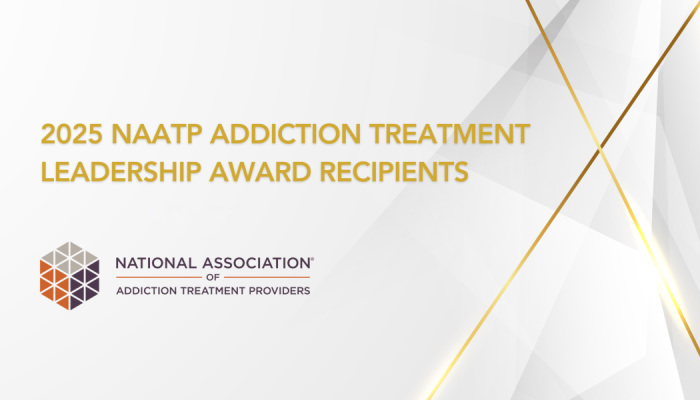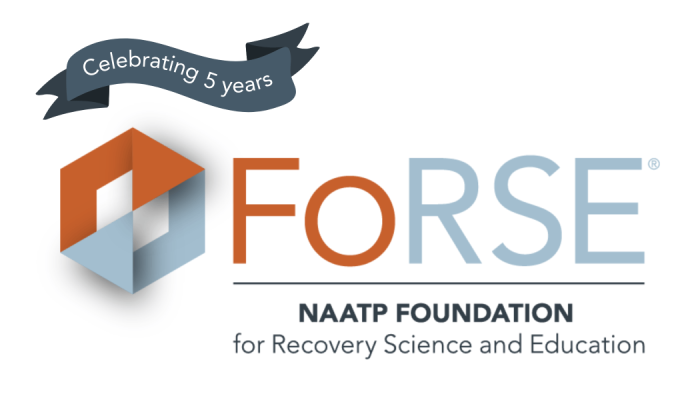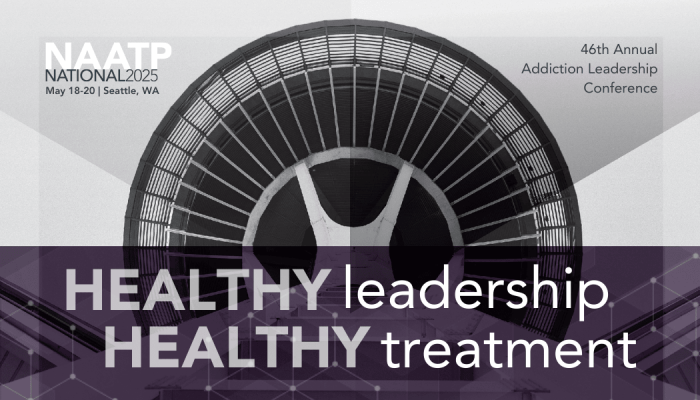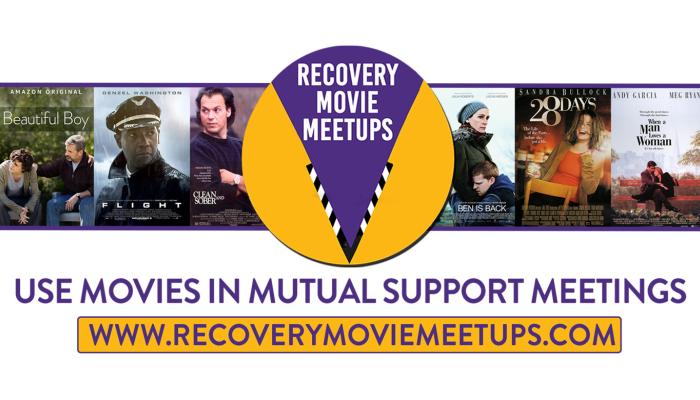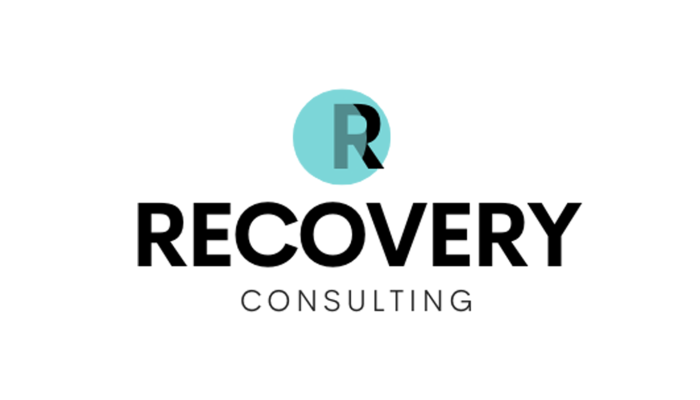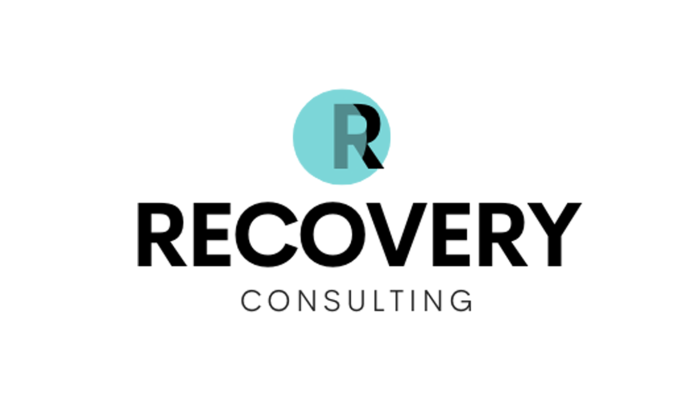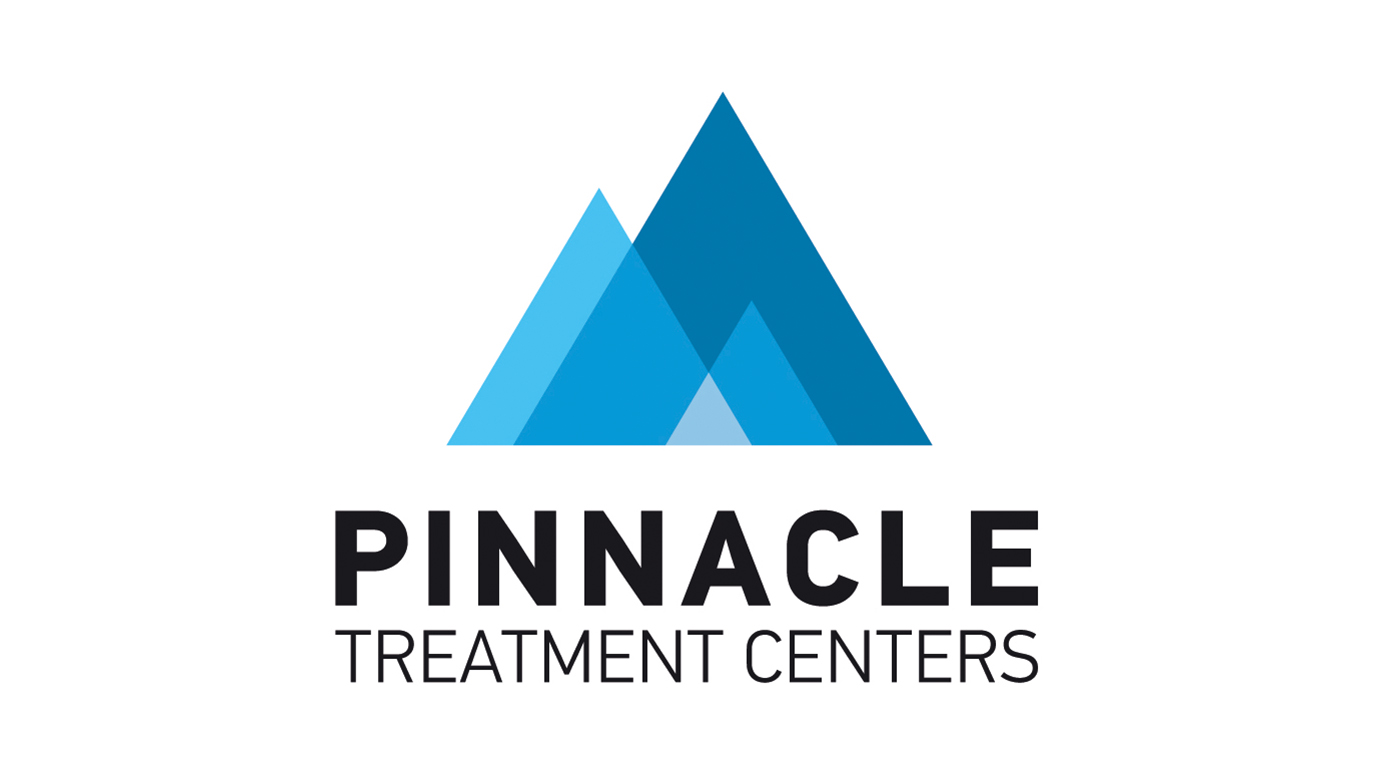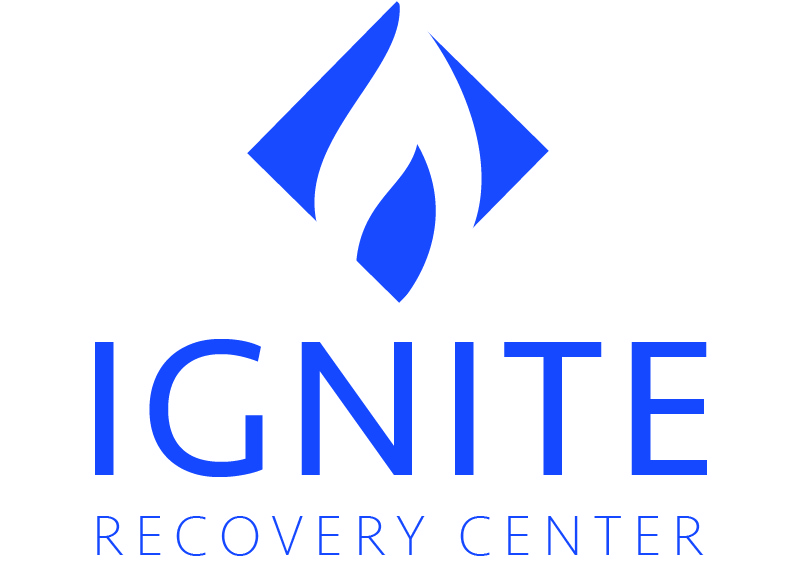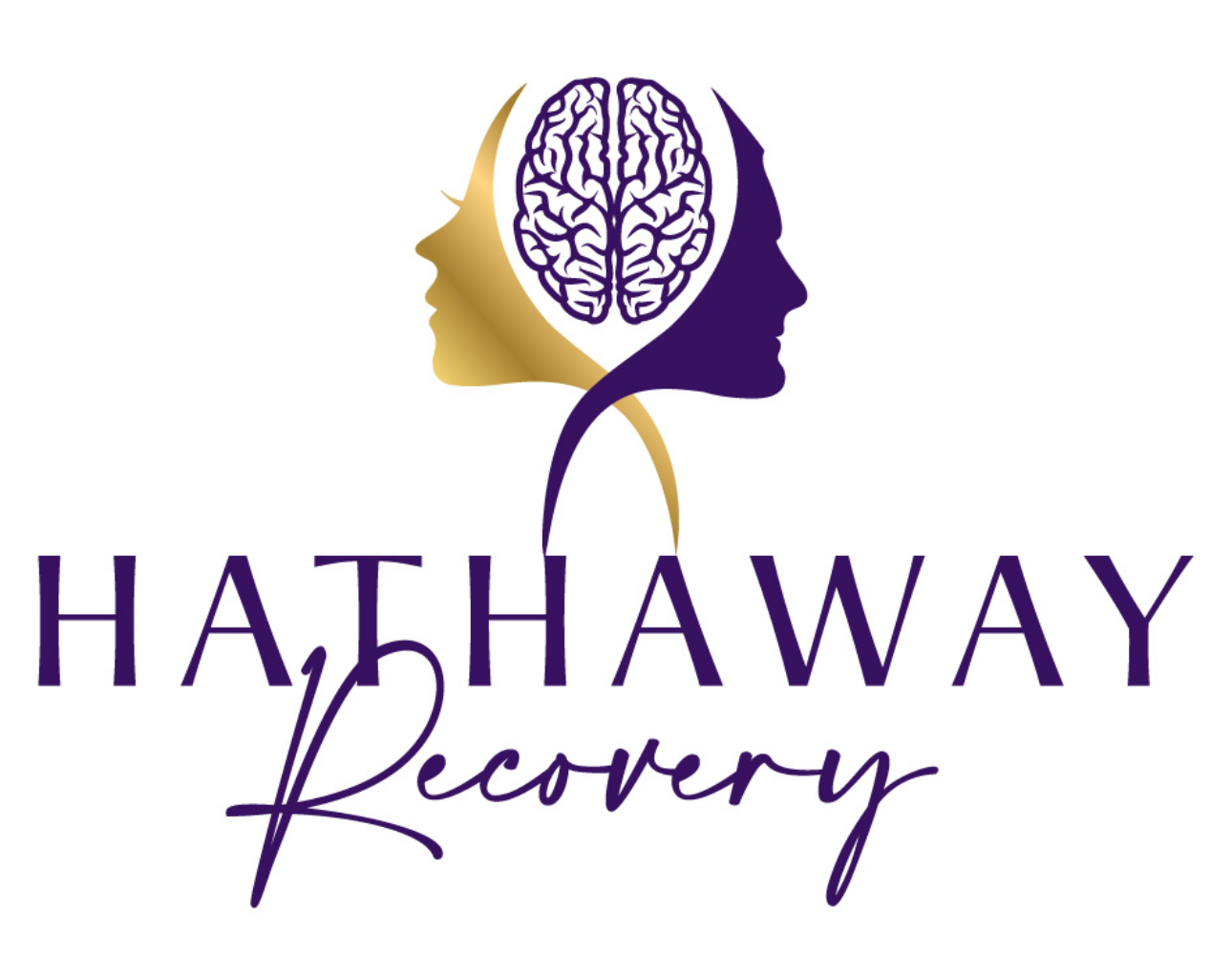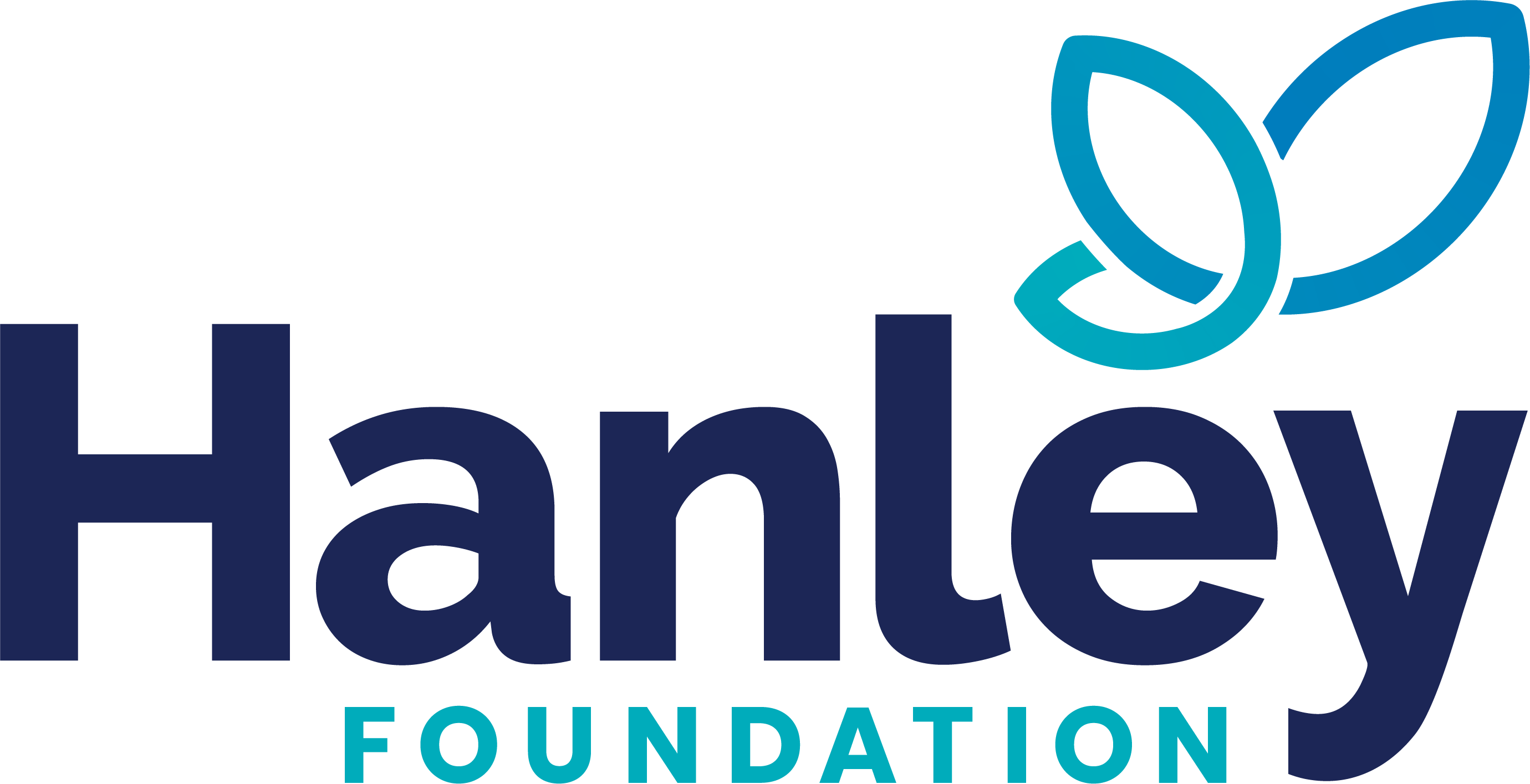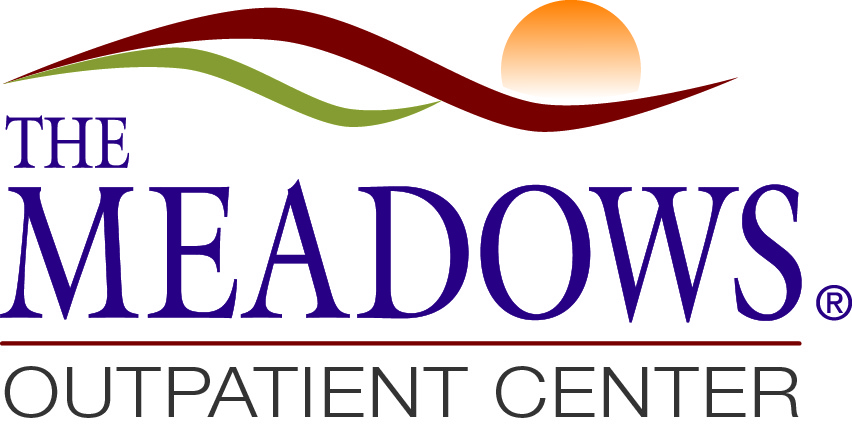Oct 28, 2020
Covid-19 has had a profound impact on the health and well-being of the nation. The devastation is, unfortunately, even greater for those living with addictions. Consider a couple data points.
A McKinsey consumer survey from March 2020 found one in four respondents reported binge drinking at least once in the past week. According to a June 2020 survey conducted by the CDC, in the prior 30 days, 40% of US adults reported struggling with mental health or substance use. Furthermore, 13% of adults started or increased substance use to cope with stress or emotions related to Covid.
Last year, nearly 72,000 Americans died from a drug overdose - a grim new record. Unfortunately, analysis from The New York Times indicates drug overdose deaths are increasing during Covid. Preliminary 2020 data show 13% increase over same time last year.
Suicide ideation is also increasing. The same CDC survey revealed that 25% of young people ages 18-24 seriously considered suicide in the prior 30 days. That translates to 82.5 million young men and women.
Despite all the bad news, there have been some bright spots. People are reaching out for help. Data from the National Council for Behavioral Health (NCBH) show 50% of members offering SUD services have seen an increase in demand. National Association of Addiction Treatment Providers (NAATP) members are adapting to increased demand with 80% offering virtual services now and 64% planning to continue with virtual services as Covid subsides.
But unfortunately, these moments of progress are not enough. Staff is burned out as capacity is shrinking, resulting in canceled programs and appointments and reduced admissions. This in turn reduces revenue: on average, NCBH members have lost more than 20% of their revenue; federal stimulus funding has only replaced 2%.
Given all this, what does the future look like? Sadly, 39% of NCBH members surveyed believe they can only survive up to 6 months, which could be the next wave of the pandemic.
NAATP and NCBH are working hard to be sure that SUD providers can meet the increased demand for services – today and in the future. Both organizations have shared their data with policymakers to ensure they are aware of the impact of Covid on people living with SUD and the essential workforce providing treatment. We are also making clear to Congress and the Administration that mental health and SUD treatment providers have not received sufficient funding in the four Covid relief packages to date.
And we are advocating for a meaningful solution, working in coalition to request $38.5 billion in emergency relief funding for mental health and SUD treatment providers. We have made progress on this front, with $20 billion recently made available from HHS as part of a Phase 3 Portal for health care providers, with a specific mention of SUD treatment providers as eligible for that funding.
To be clear, right now the Phase 3 Portal is the only avenue for federal support and as such, we urge providers to apply. While it may not be a comprehensive solution, it has the potential to bring providers up to 2 percent of lost revenue and lay the groundwork for possible ad-on payments based on the revenue losses documented as part of the application process. If providers don’t apply, HHS will not have a complete and accurate picture of the financial devastation facing our field
All eligible providers, including certain behavioral health providers and Medicaid, Medicaid Managed Care, CHIP, or Medicare billing providers need to apply / reapply to the portal by Friday, November 6, 2020.
And if you have any reservations about the Phase 3 funding, our advice is to apply first and then, if there are concerns once you receive notification, they can be raised and hopefully addressed at that point. It is better to be engaged than not, and it’s important that HHS see the level of need from our field.
If you need more information, on Phase 3 Portal funding, check out the following:
- FAQ for additional information
- “Rules of the Road” from NCBH
- HHS step-by-step resource
Don’t get us wrong - we are grateful for the Phase 3 Portal funding … but we know that it’s not enough and we must keep advocating for more funding. This is where every provider organization and professional comes in. Federal and state policymakers listen to constituents – your voice matters and you CAN make a difference.
Here are four ways you can participate right now:
- Write your legislators today
- Schedule a virtual meeting with legislators or staff
- Host a virtual site visit with your legislator
- Attend a tele-town hall meeting hosted by your legislator
We need everyone engaged right now. More advocacy resources are available from NAATP and NCBH and our joint webinar is available here. And of course, don’t forget to vote. Now more than ever, make sure your voice is heard!
Authors:
Mark Dunn
NAATP
Director of Public Policy
Reyna Taylor
National Council for Behavioral Health
Vice President of Public Policy and Advocacy
Peter Thomas
NAATP
Director of Quality Assurance




